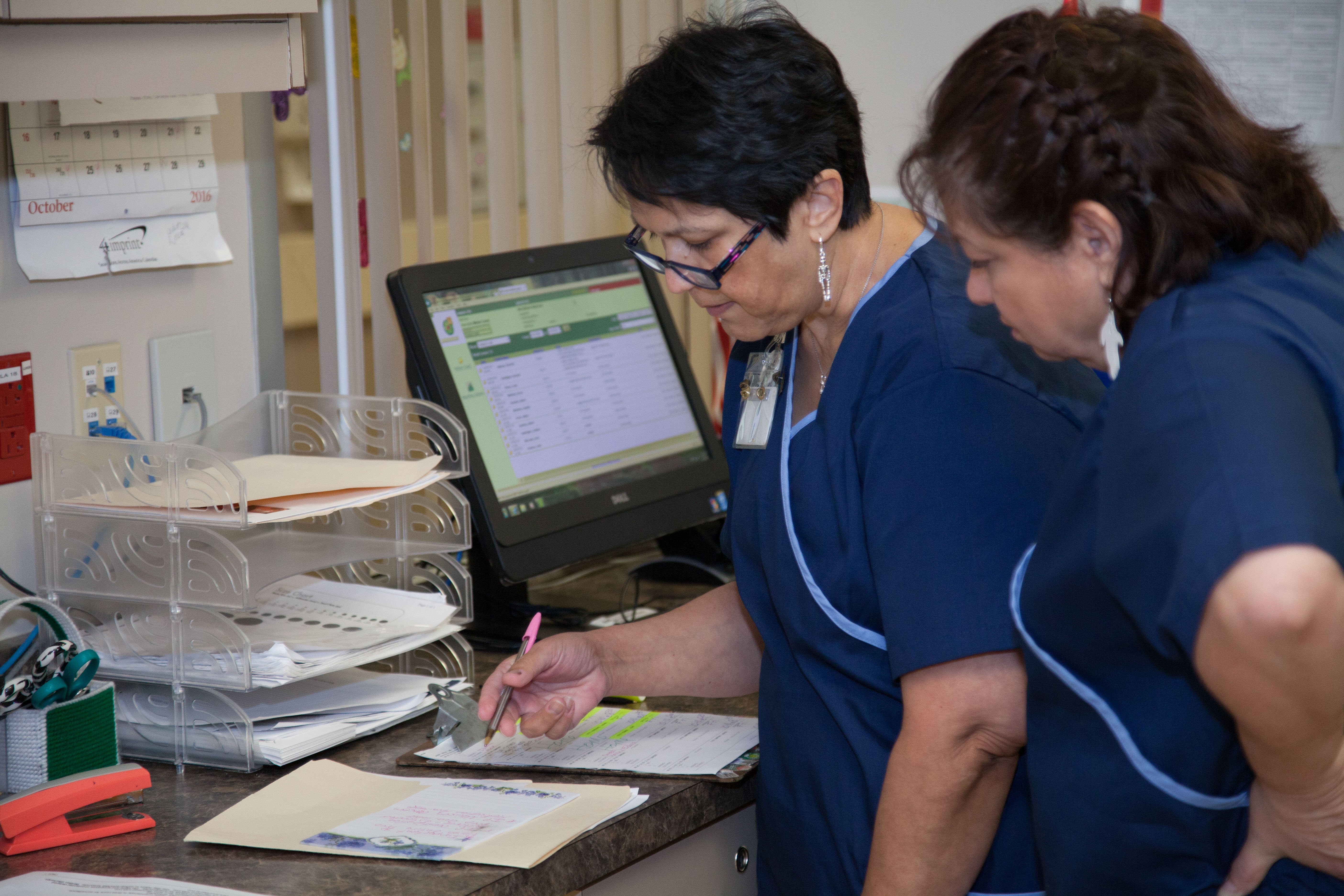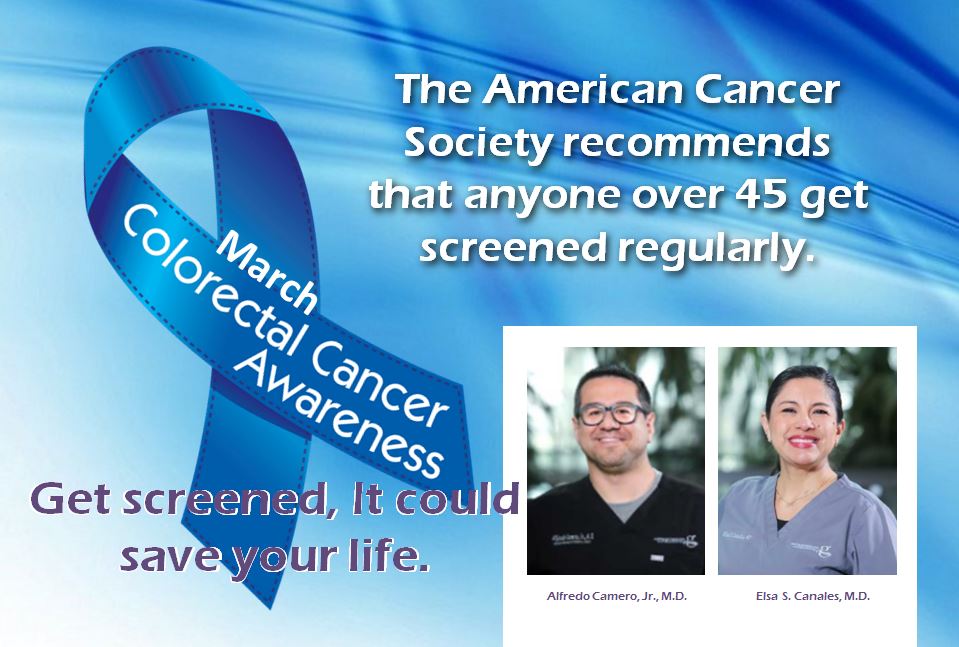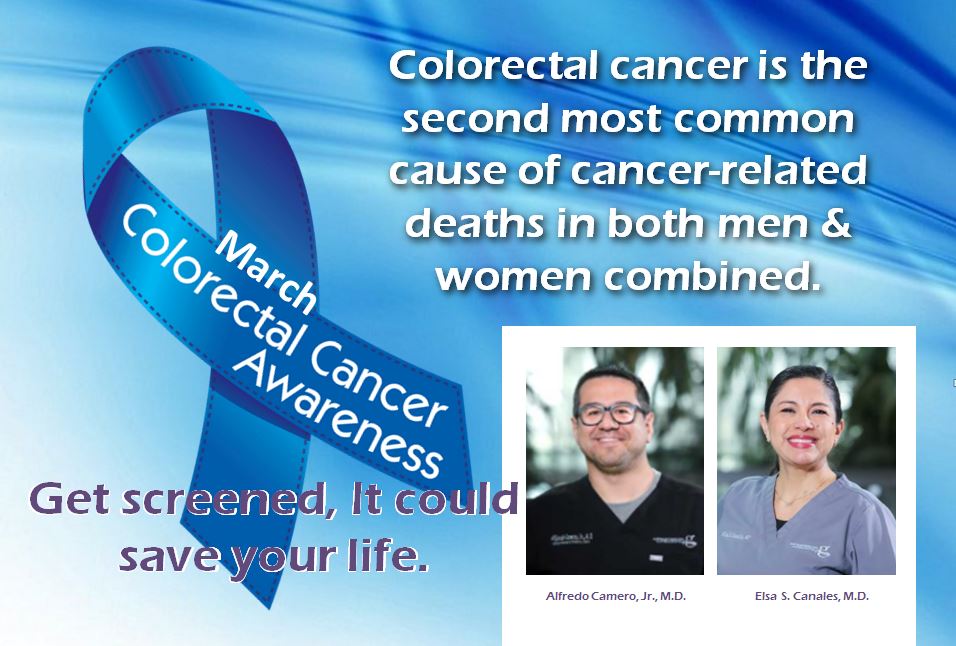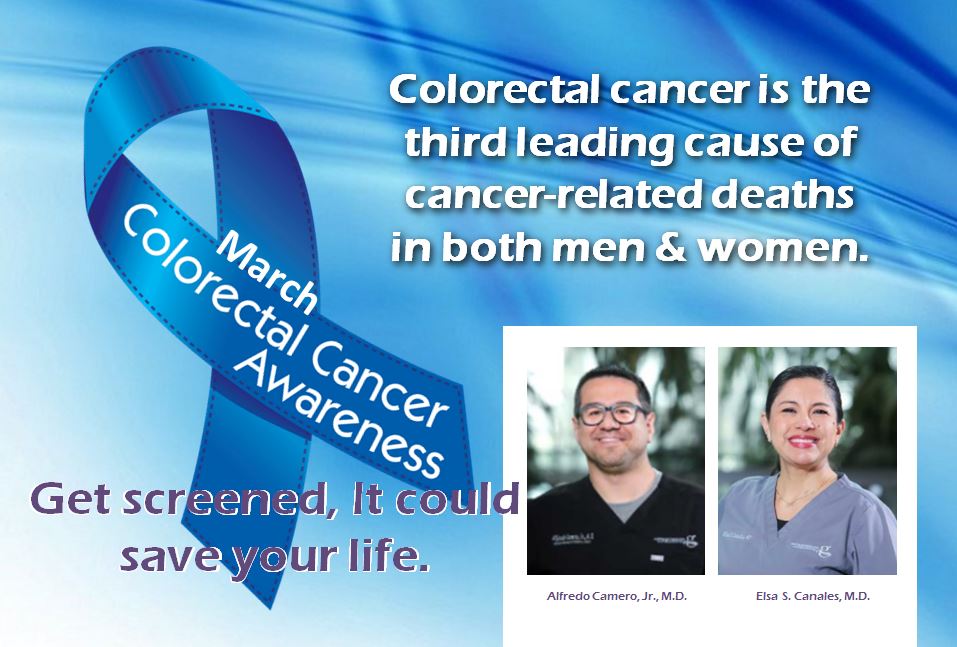Patient Education
is the process by which health professionals and others impart information to patients and their caregivers that will alter their health behaviors or improve their health status.
Education may be provided by any healthcare professional who has undertaken appropriate training education, education on patient communication and education is usually included in the healthcare professional’s training.
Health education is also a tool used by managed care plans, and may include both general preventive education or health promotion and disease or condition specific education.
Important elements of patient education are skill building and responsibility: patients need to know when, how, and why they need to make a lifestyle change. Group effort is equally important: each member of the patient’s health care team needs to be involved.
About This Practice…
This practice specializes in gastrointestinal issues only. This means we only treat issues related to the digestive system. We will work closely with your primary care physician, and will send reports about your visits and procedures to your primary care physican, so that they will be informed about your care and any treatment plan we have recommended.

Patient Education Links
Upper Gastroenterology Conditions
Lower Gastroenterology Conditions
Fiber Intake
The value of patient education can be summarized as follows:
- Improved understanding of medical condition, diagnosis, disease, or disability.
- Improved understanding of methods and means to manage multiple aspects of medical condition.
- Improved self-advocacy in deciding to act both independently from medical providers and in interdependence with them.
- Increased Compliance – Effective communication and patient education increases patient motivation to comply.
- Patient Outcomes – Patients more likely to respond well to their treatment plan – fewer complications.
- Informed Consent – Patients feel you’ve provided the information they need.
- Utilization – More effective use of medical services – fewer unnecessary phone calls and visits.
- Satisfaction and referrals – Patients more likely to stay with your practice and refer other patients.
- Risk Management – Lower risk of malpractice when patients have realistic expectations.
The competencies of a health educator include the following:
- Incorporate a personal ethic in regards to social responsibilities and services towards others.
- Provide accurate, competent, and evidence-based care.
- Practice preventative health care.
- Focus on relationship-centered care with individuals and their families.
- Incorporate the multiple determinants of health when providing care.
- Be culturally sensitive and be open to a diverse society.
- Use technology appropriately and effectively.
- Be current in the field and continue to advance education.





